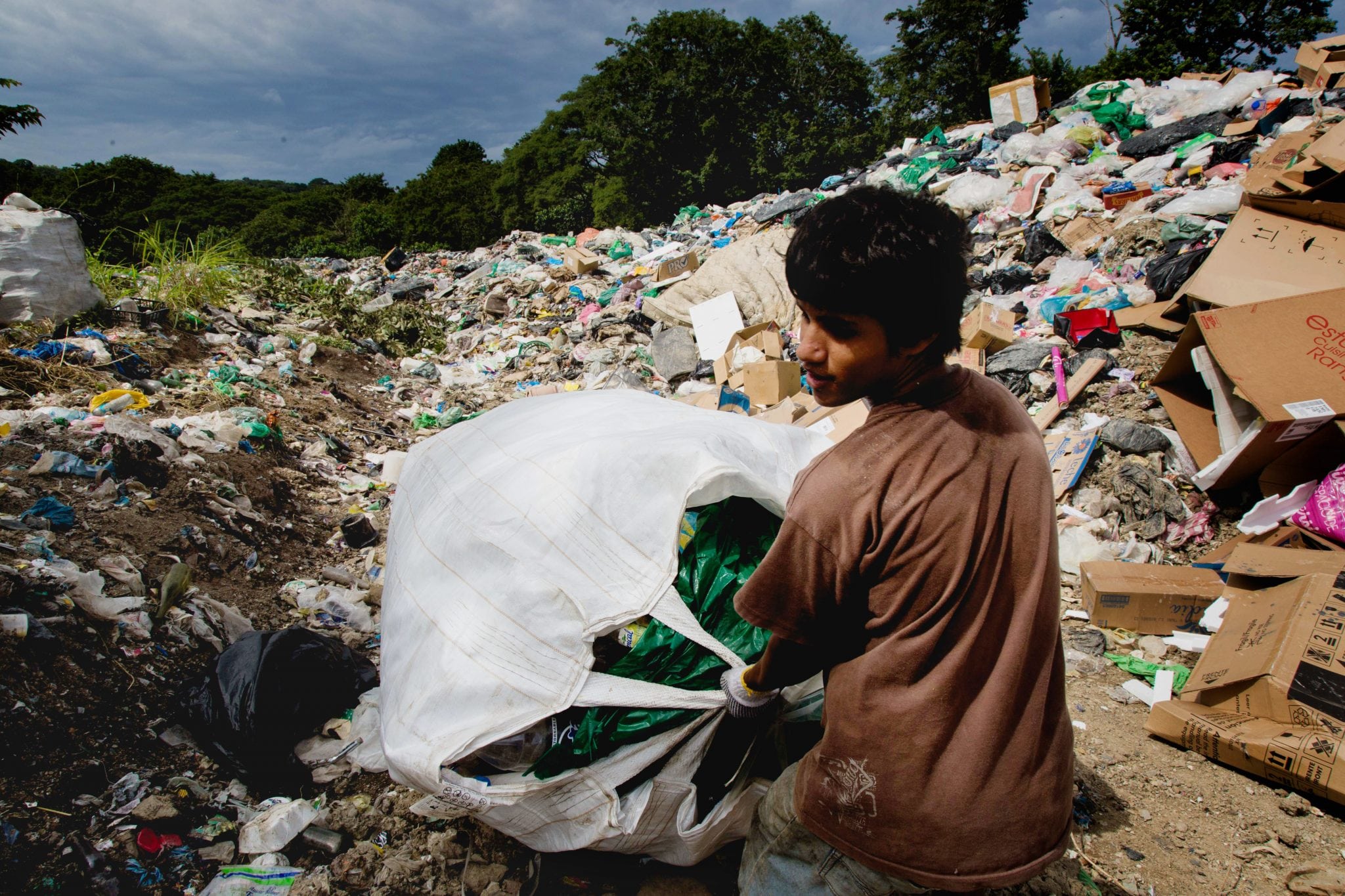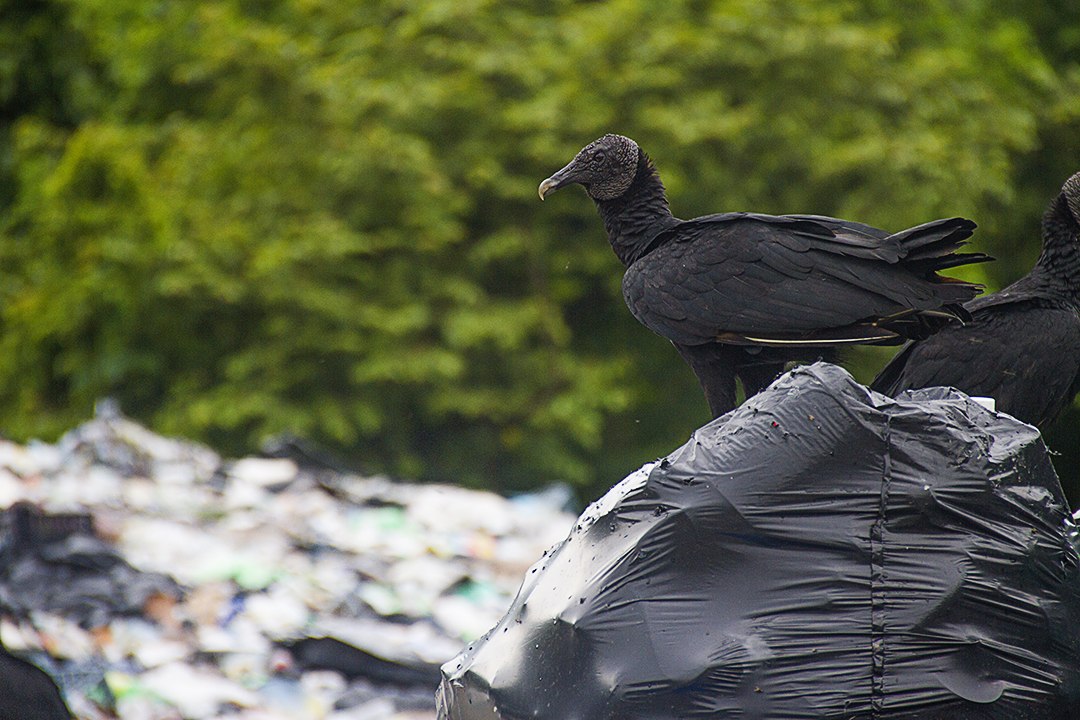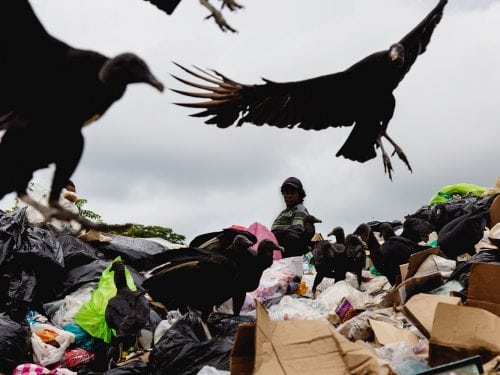
We’ve waited four years for Nicoya City Hall to fulfill its promise of taking Nosara’s trash. Efforts in the community, especially those of Nosara Recycles, aren’t enough to solve the problem. The biggest effort is made by the 18 people who live in the dump and prevent the trash from spilling everywhere. They open bags, poke around and remove what can still be saved in order to sell it, use it or recycle it. Fourteen of them live right there. They are the last links in the chain of negligence that has turned the dump into Nosara’s most pressing problem of the last five years.
But when the city and residents talk about trash, they almost always discuss it from an environmental perspective. They talk about dangerous liquids that seep into the soil, the nearby creeks and rivers full of plastic bags and that trash is already spilling everywhere. But who speaks about the human beings in charge of separating waste and recovering recyclable material?
The solution to this problem can’t just focus on the environmental disaster that it is creating, but also on the whole social fabric that has been woven around the dump and on how to include it in the solution. The people who have worked a good part of their lives there can’t be left aside.
Environmental court ordered closure of dump four years ago, but Nicoya City Hall still hasn’t solved the problem.
Cristian Zumbado from Nosara Recycles, a nonprofit organization that collects collects recycled materials from residents and businesses in the zone, lives near the dump and has a good idea, but his enormous effort still isn’t enough.
For Zumbado, a comprehensive part of the solution is for the city, in addition to collecting trash and taking it to Santa Cruz (as they have promised for years), to develop a transfer center in Nosara where recyclers separate waste from recyclable goods in healthier, safer conditions.
Currently, those who live there don’t use gloves, don’t have potable water and electricity comes through a chord strung from the roofs where Nosara Recycles is located. There are 17-year-old kids working here who don’t study or work anywhere else. There are senior citizens, a 66-year-old woman, for example, that are still working there, filling bags of recyclables to sell.
In five years, the problem has only gotten worse and unsustainable and it is clear that the city must speed up their engines to solve it. But in the search for the solution, they must include the most vulnerable.







Comments